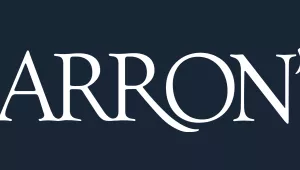The practice of good governance distinguishes successful democratic nations from those many states which do little for their people. Governance is the delivery of a number of critical public goods to citizens: security, rule of law, political freedoms, an enabling framework for economic performance, education, health, and so on. Where a regime fails to perform—fails to provide reasonable quantities and qualities of essential public goods—it is governing poorly. But can the nations of the world, particularly the nations of the developing world, be rated according to how well they govern? Is it desirable, and possible, to develop a set of rankings of countries with the best governed at the top and least well governed at the bottom? Could such a ranking system, analogous to that developed by Transparency International for corruption, encourage countries to attempt to govern themselves more effectively?
Marie Besançon’s Good Governance Rankings: The Art of Measurement, WPF Report 36, examines the nature of the governance problem and the extent to which the salient questions have been answered. She reports on a WPF-Program-organized meeting at the Kennedy School of Government that discussed these and other critical governance issues. Her detailed analysis prepares policy makers to re-examine the criteria being readied for the Millennium Challenge Account, and those being used formally or informally by several national aid agencies. It also prepares policy makers to decide on the feasibility of creating a robust method of comparing how one government performs against another.
Dr. Besançon also reviews the fifty most prominent data sets already employed to answer parts or nearly all of the relevant questions. The appendix to her report contains an appraisal of each of those data sets. It is intended to spur further research and discussion on how best to measure governance in the modern world.
Besançon, Marie. “Good Governance Rankings: The Art of Measurement.” World Peace Foundation, September 1, 2003





